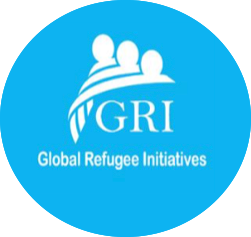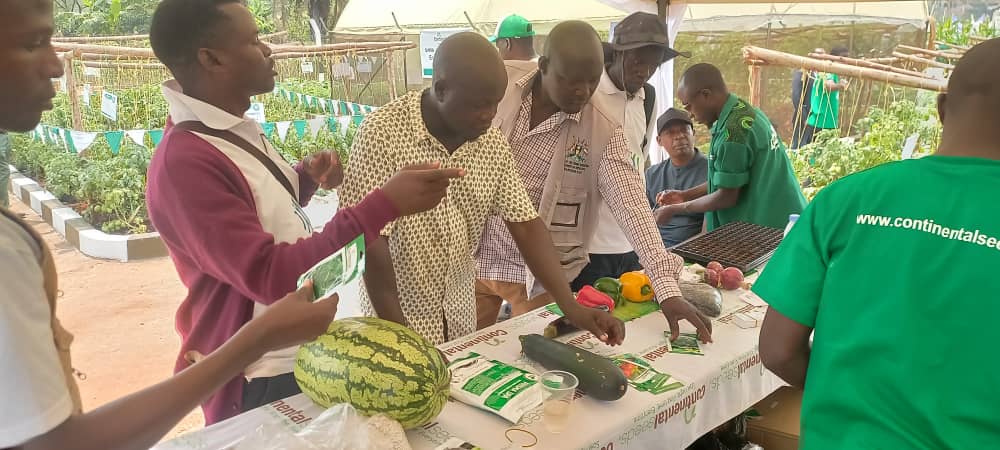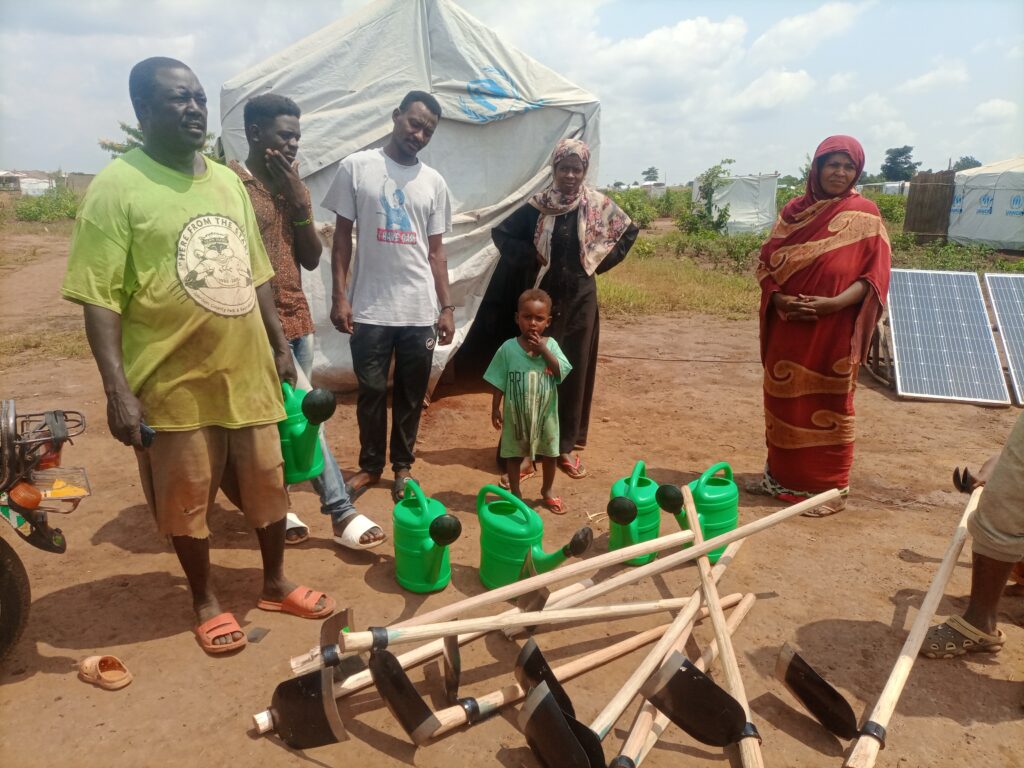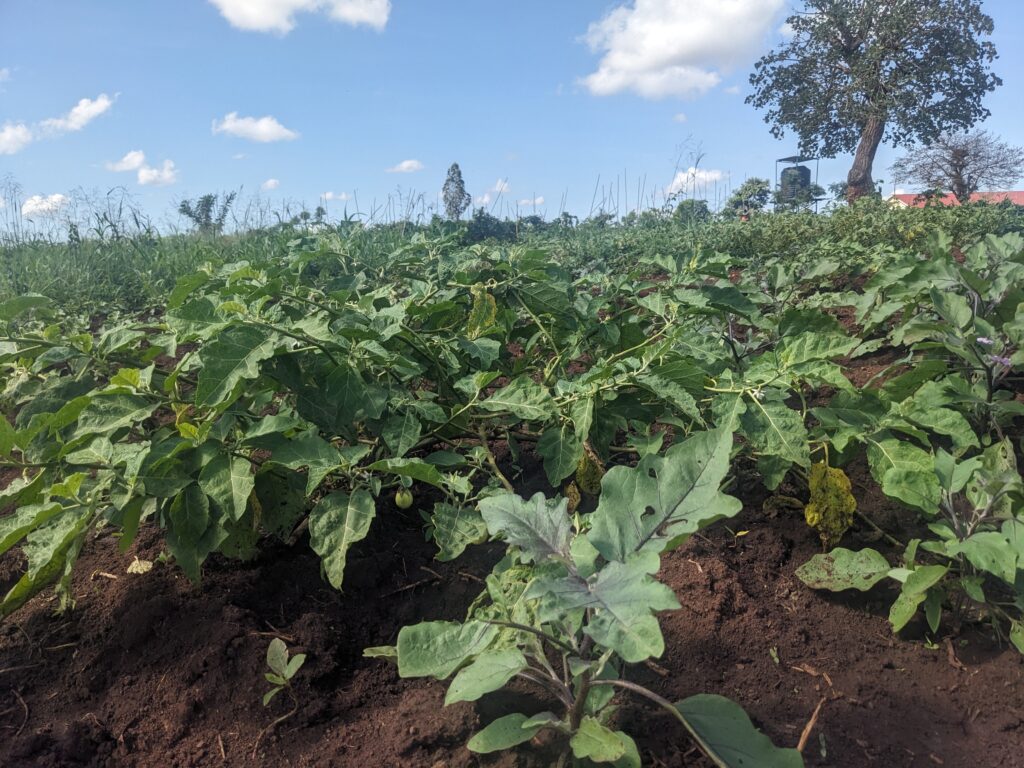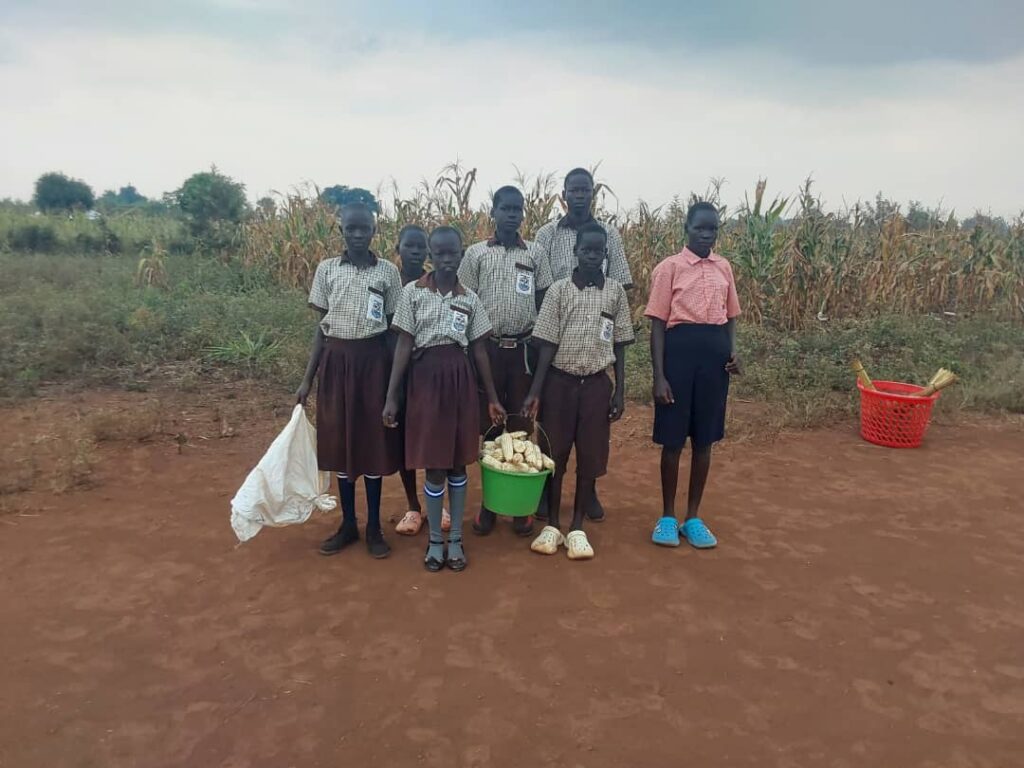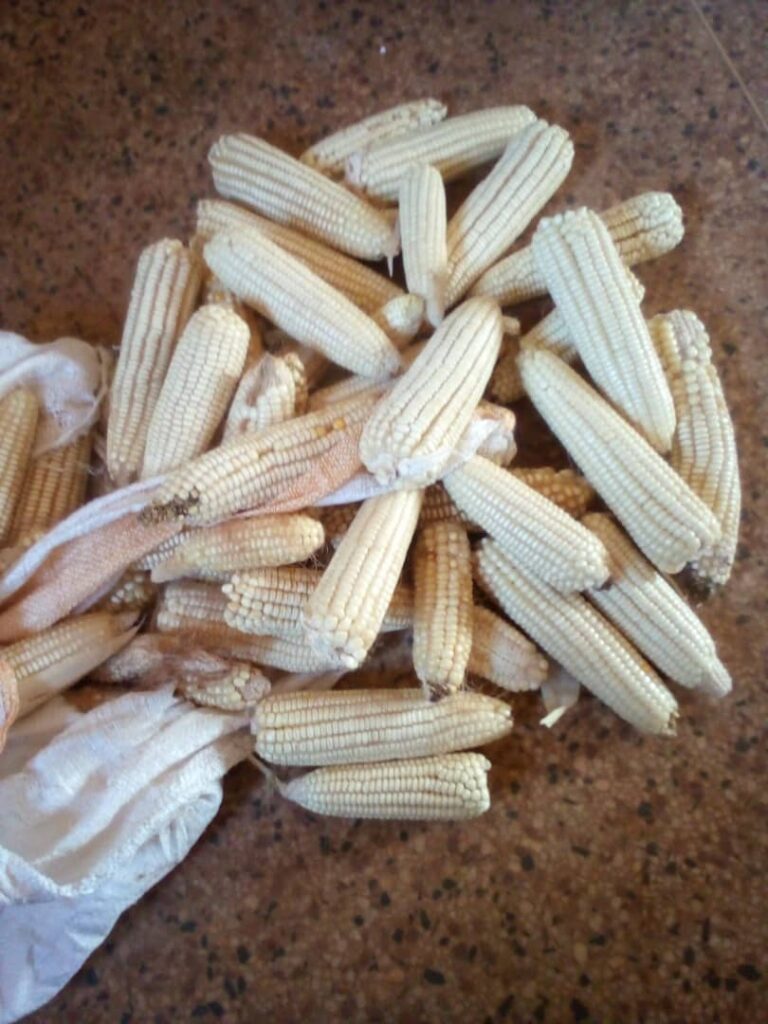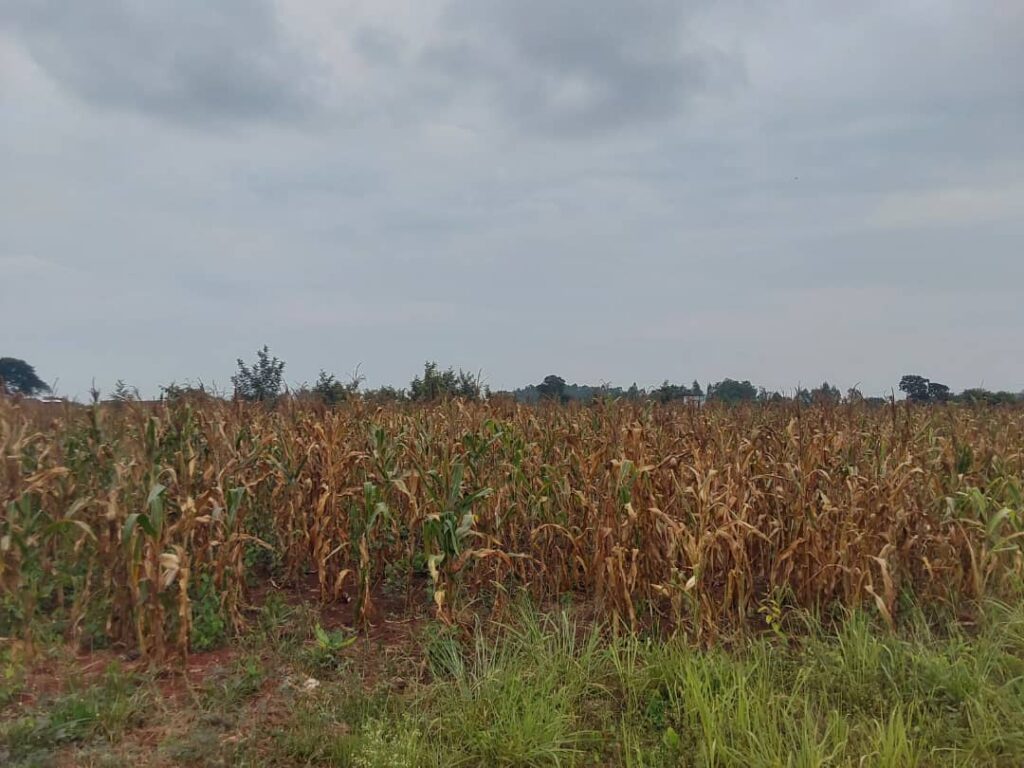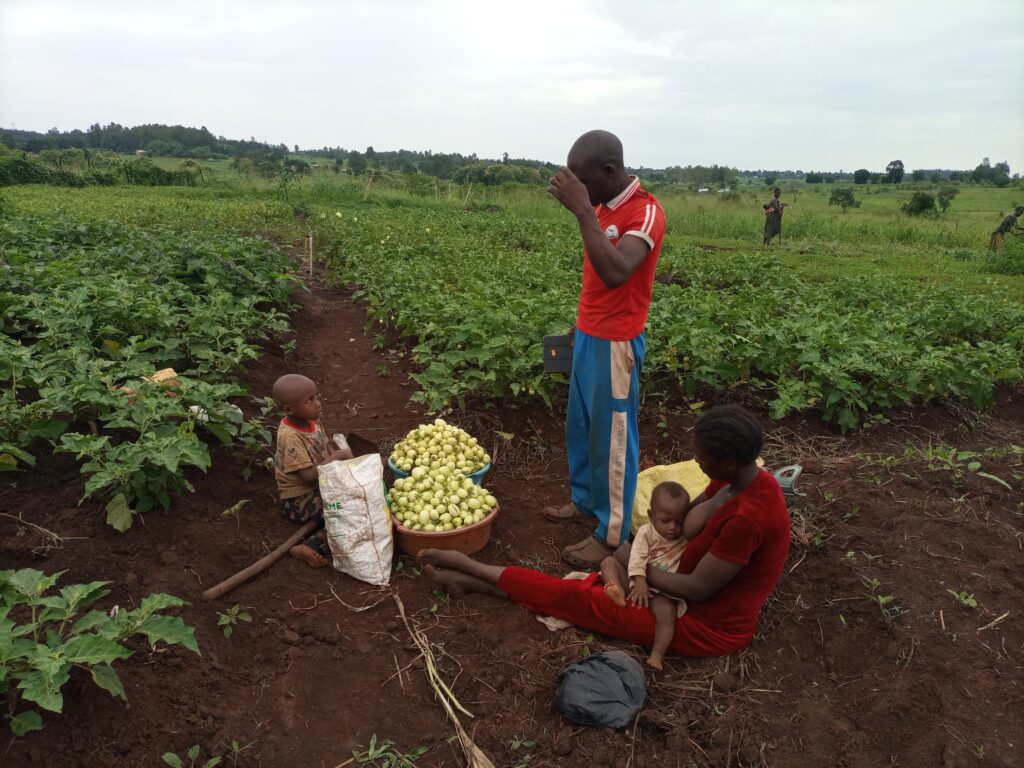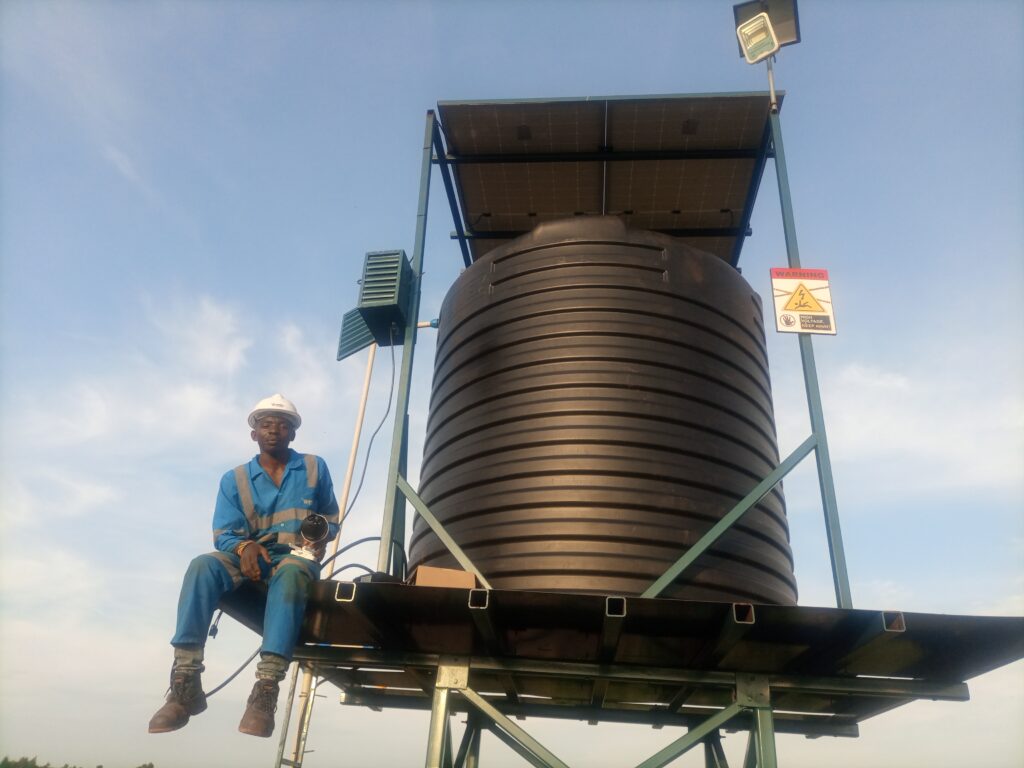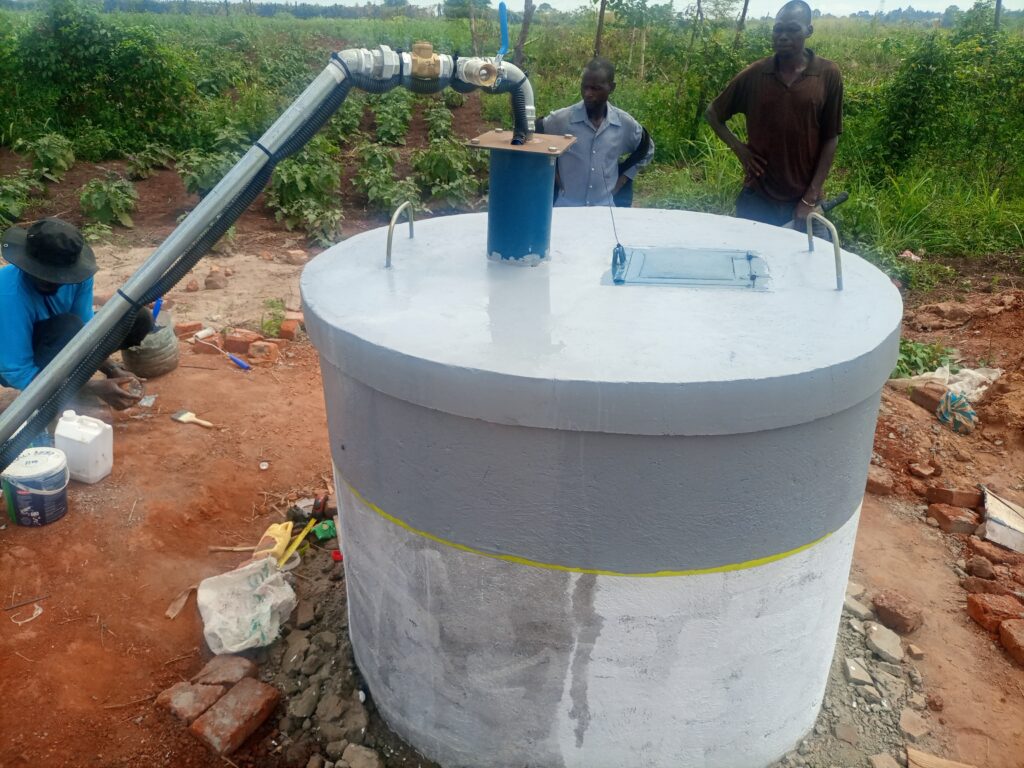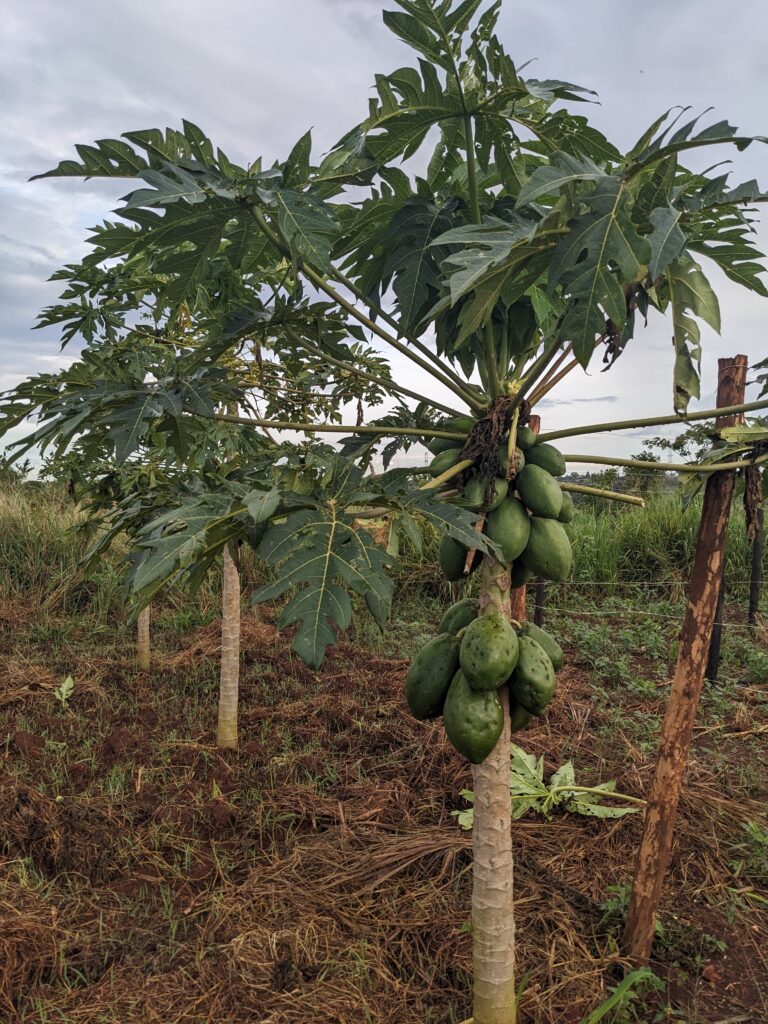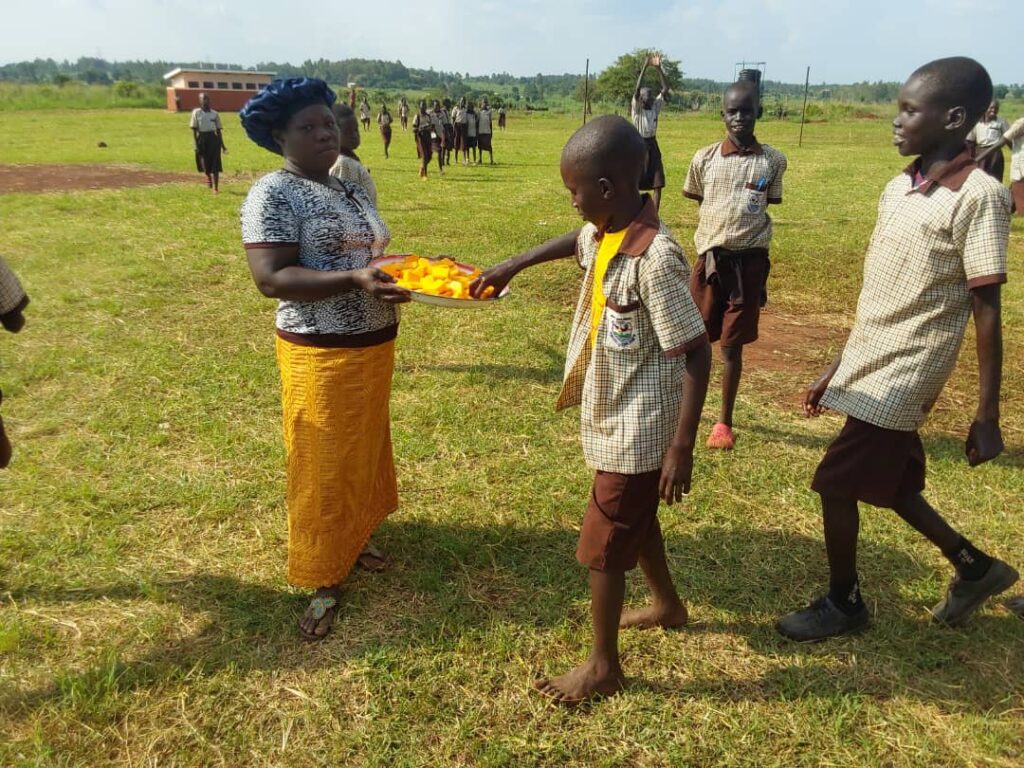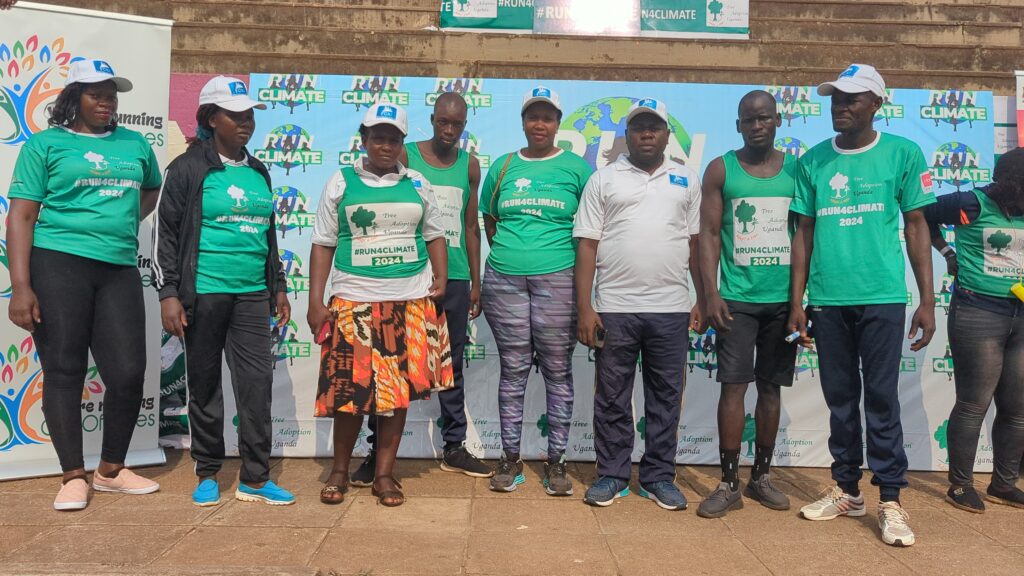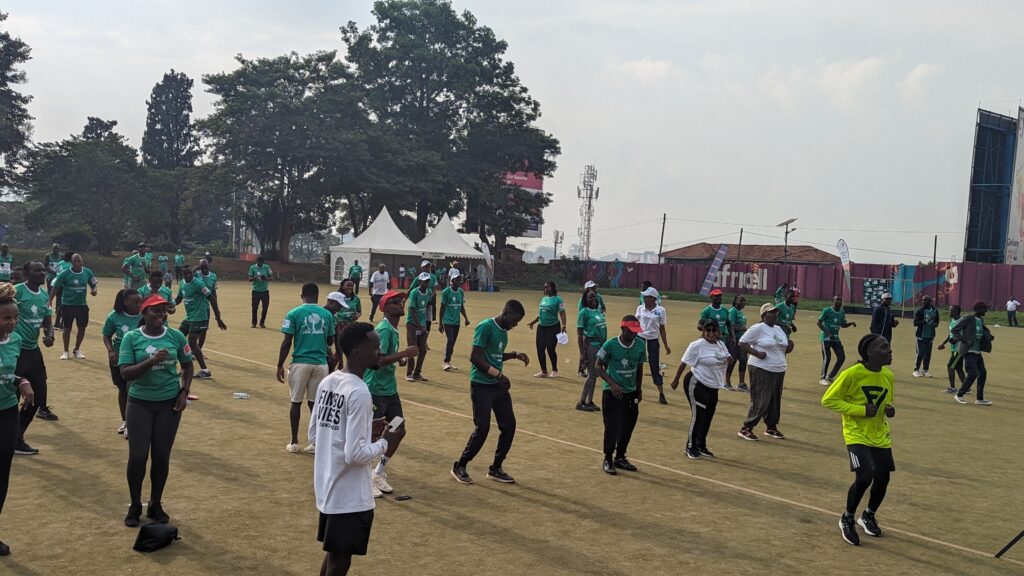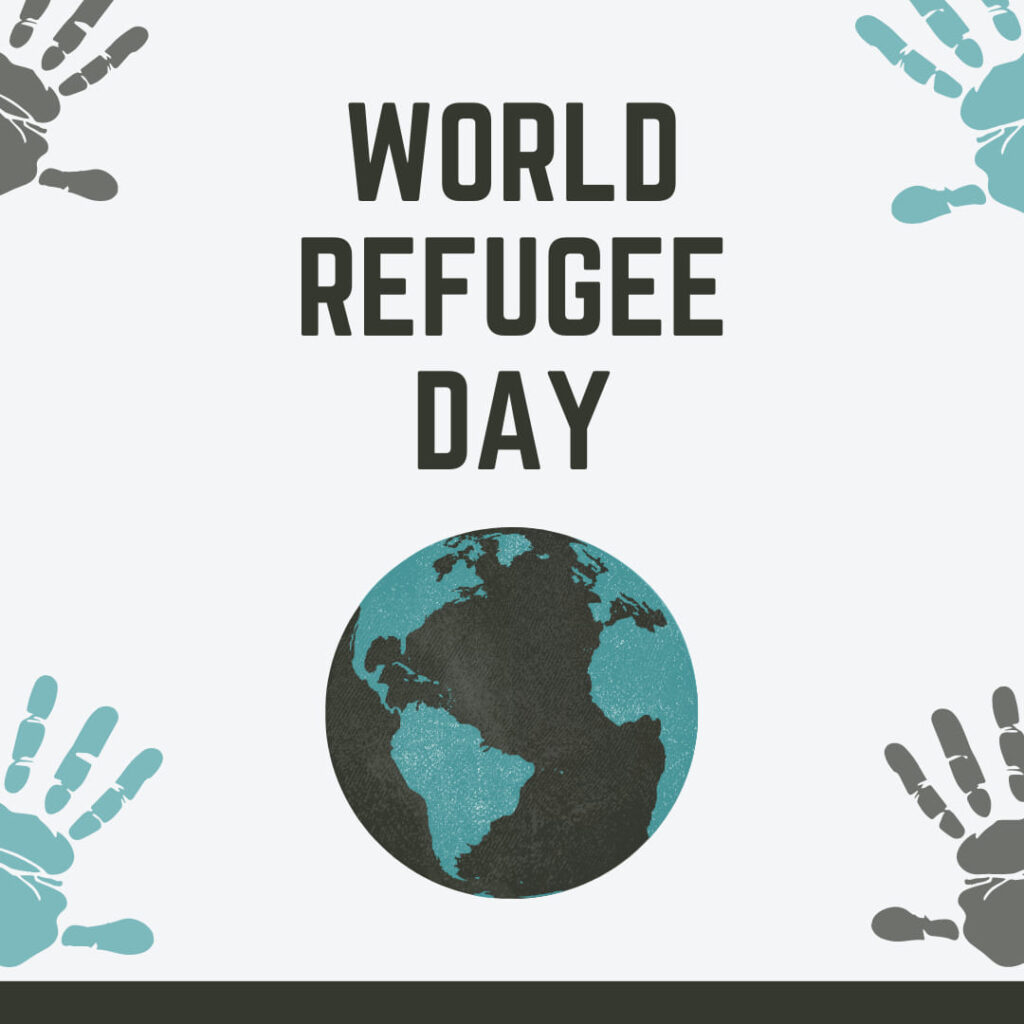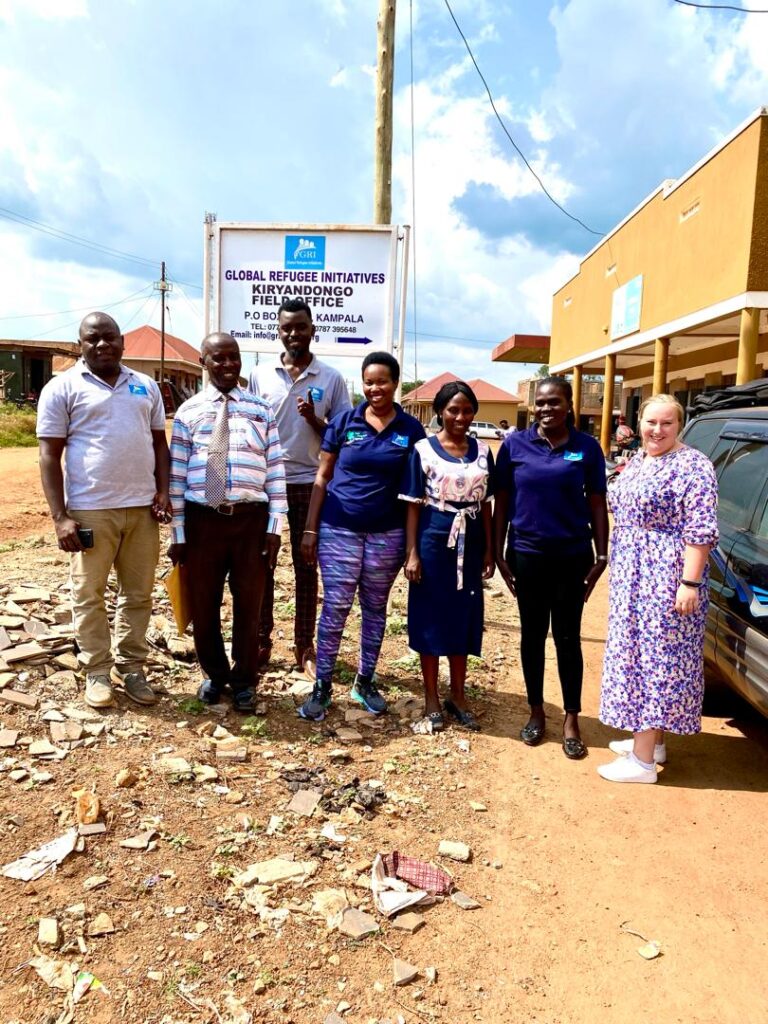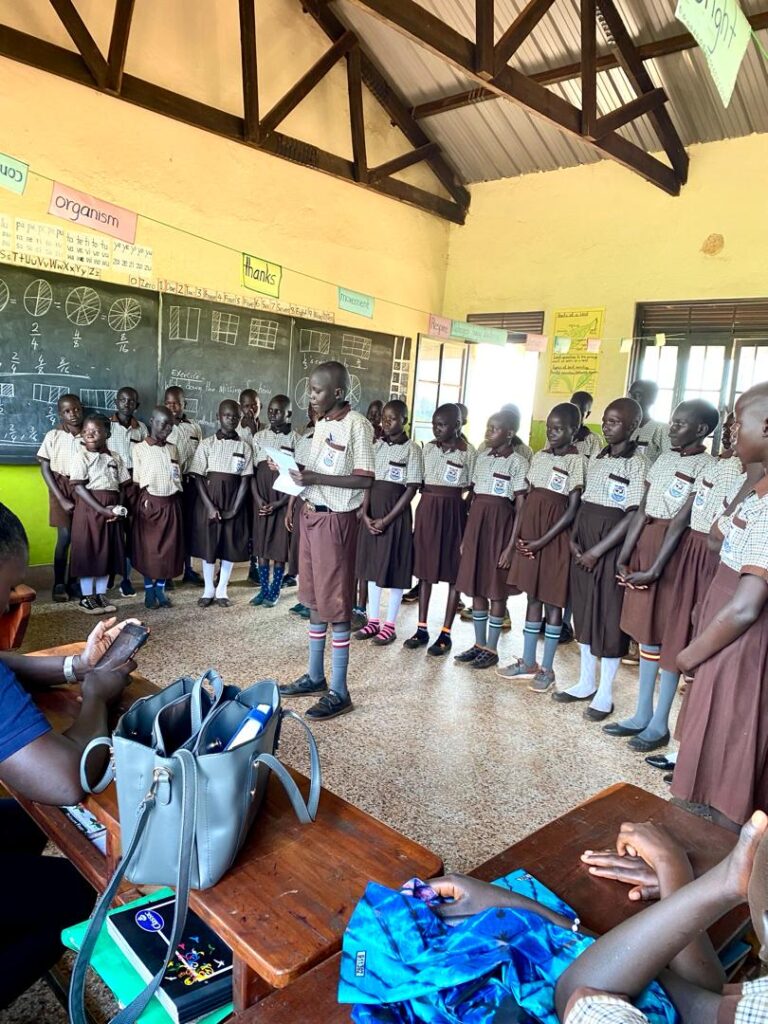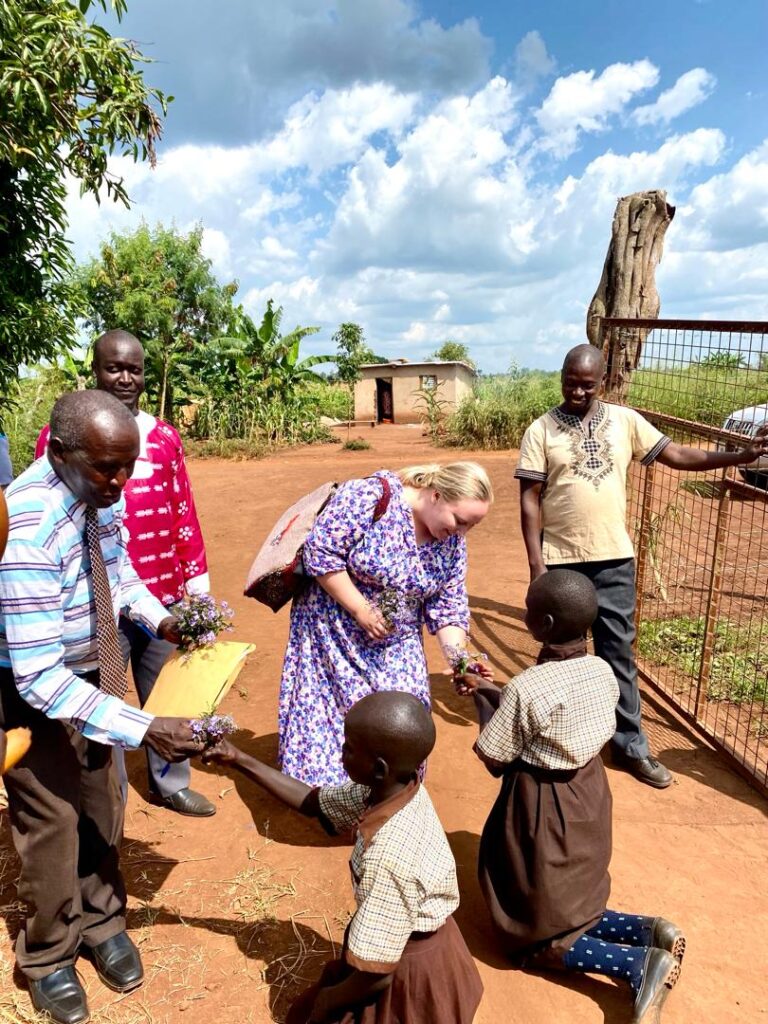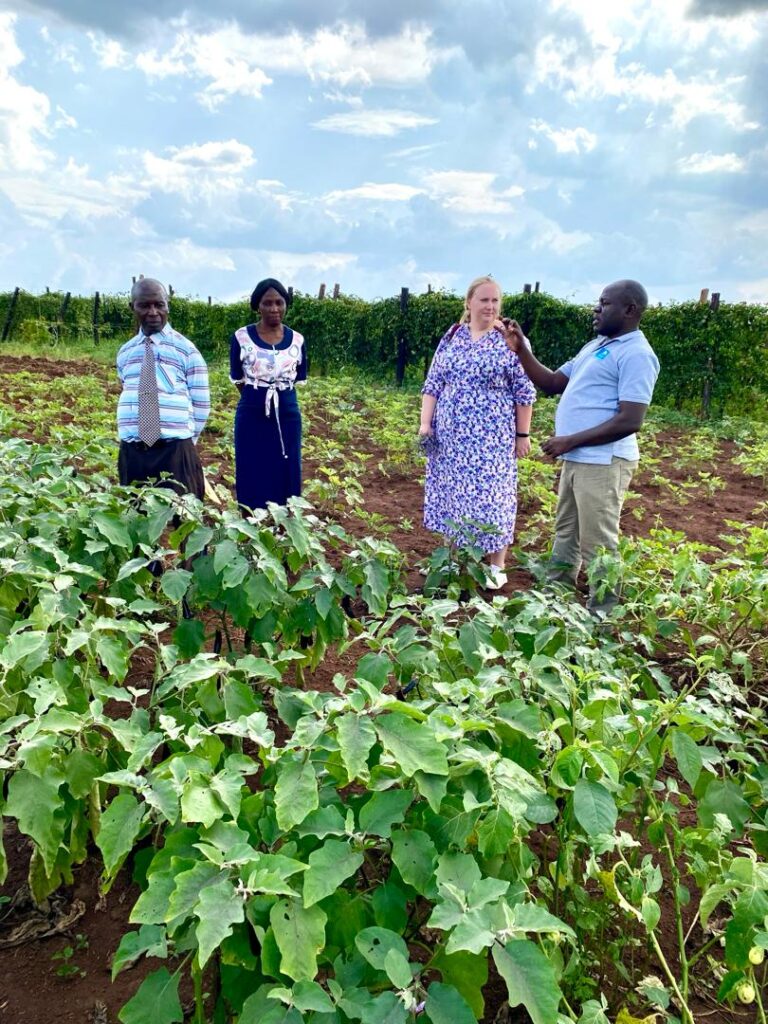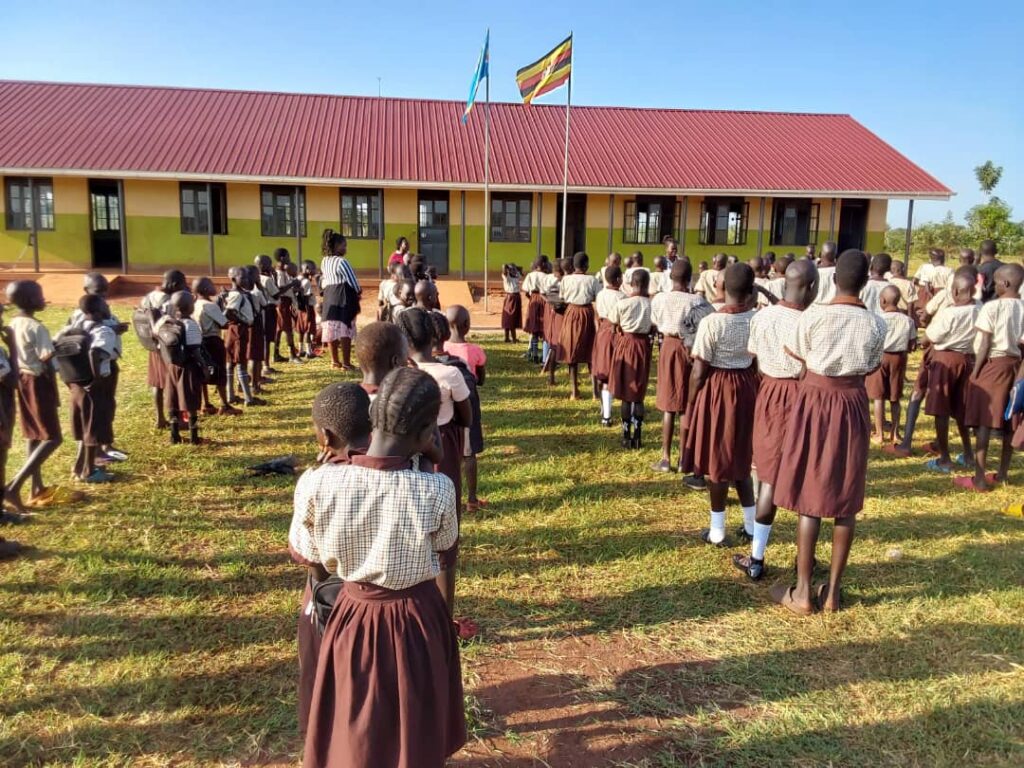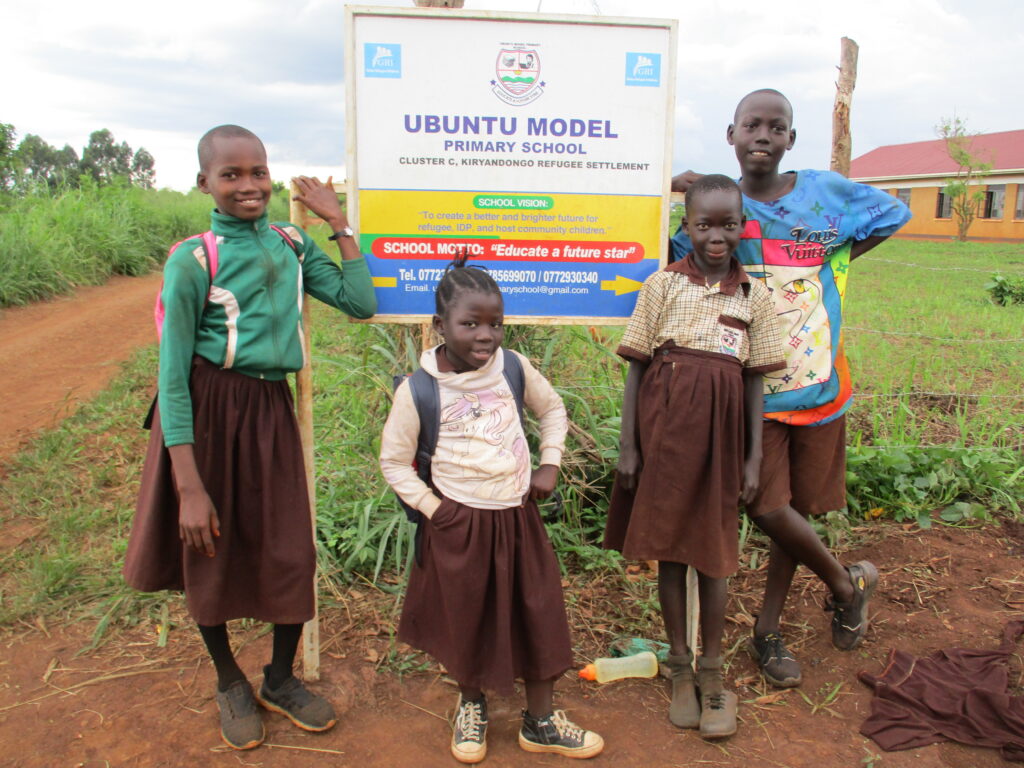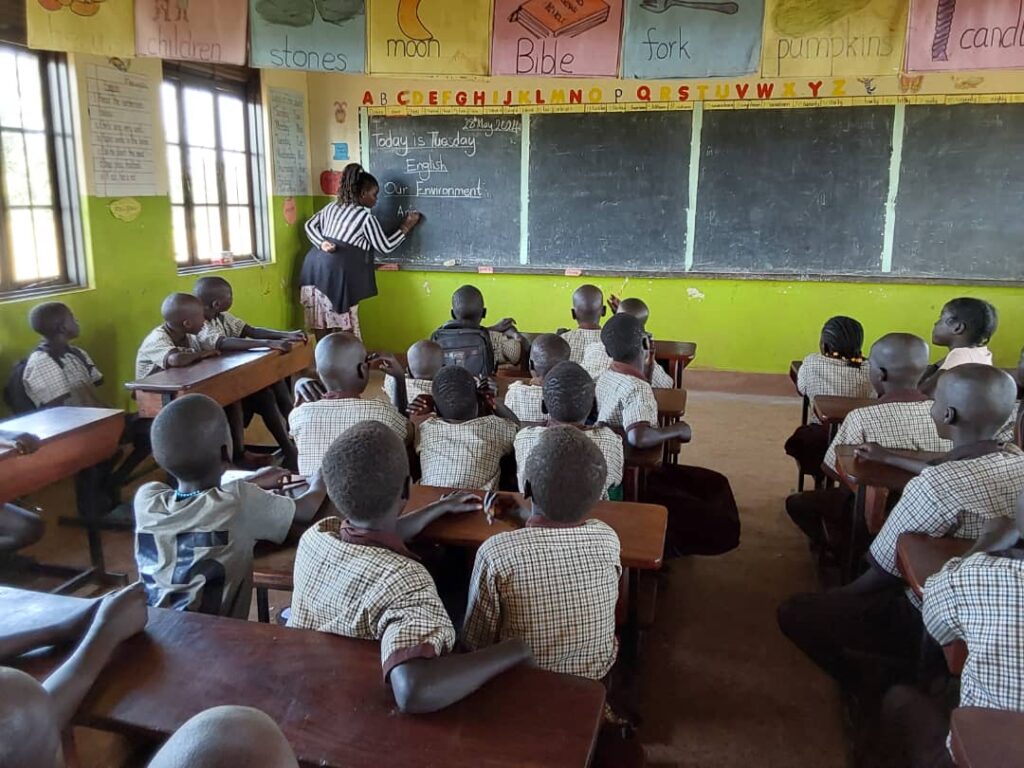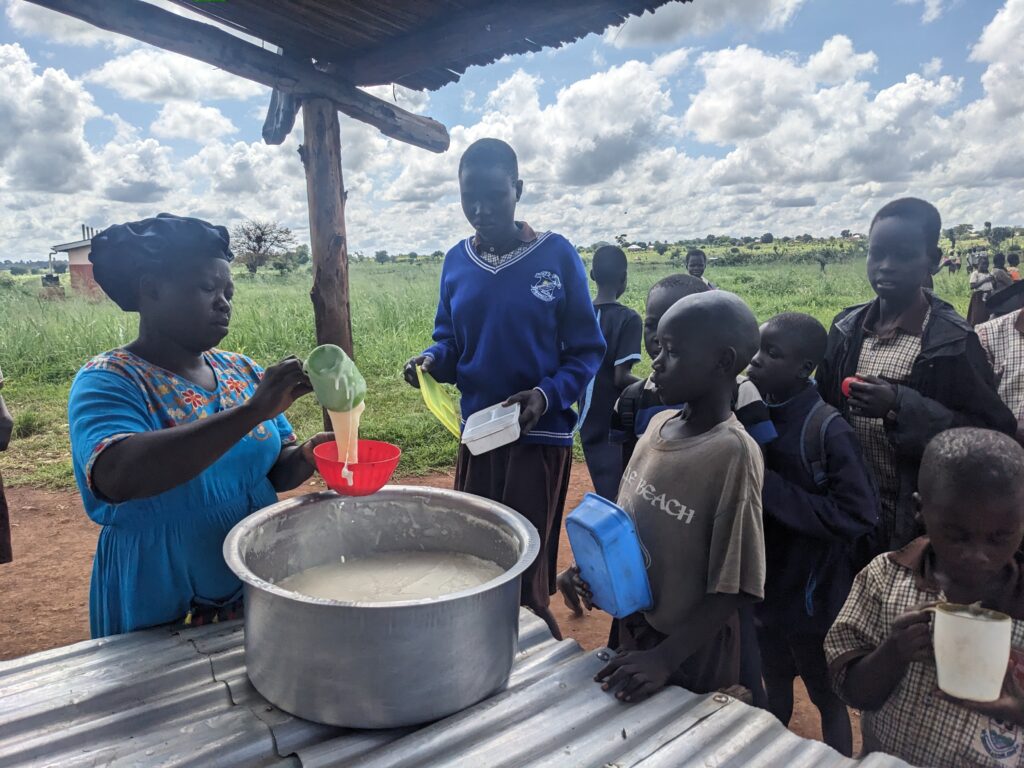
In addition to empowering refugees with education and farming skills, we take pride in providing them with paid employment. This opportunity allows them to gain valuable experience, exposure, increased income, and confidence. Our efforts have been particularly successful in the informal sector, where 80% of our casual labor force comprises refugees from the Congolese and South Sudanese communities. As we continue to grow, we aim to include even more refugees in our workforce.
This week, we are excited to introduce Yasmine Grace and Charity Maneno, who are parents of students at Ubuntu Model Primary School. They are also pioneers of the GRI block farm and work as cooks at the school. Here, one of them shares her experience with GRI.
“My name is Yasmine Grace, also known as Mama Queen. I am a parent of one child at this school, where I also work. I love my job because I get to cook for the children at Ubuntu Model School, including my own child. My employers are kind, respectful, and pay me well. The children are also a joy to be around. The money I earn here helps me pay school fees for my children and cover other essential needs, like soap and medicine. I am deeply grateful to GRI for building this school, which not only provided me with a job but also saved my daughter from traveling long distances to attend school. I pray for the school’s continued growth so that my other children can benefit as well. I have also learned valuable farming skills from GRI.”
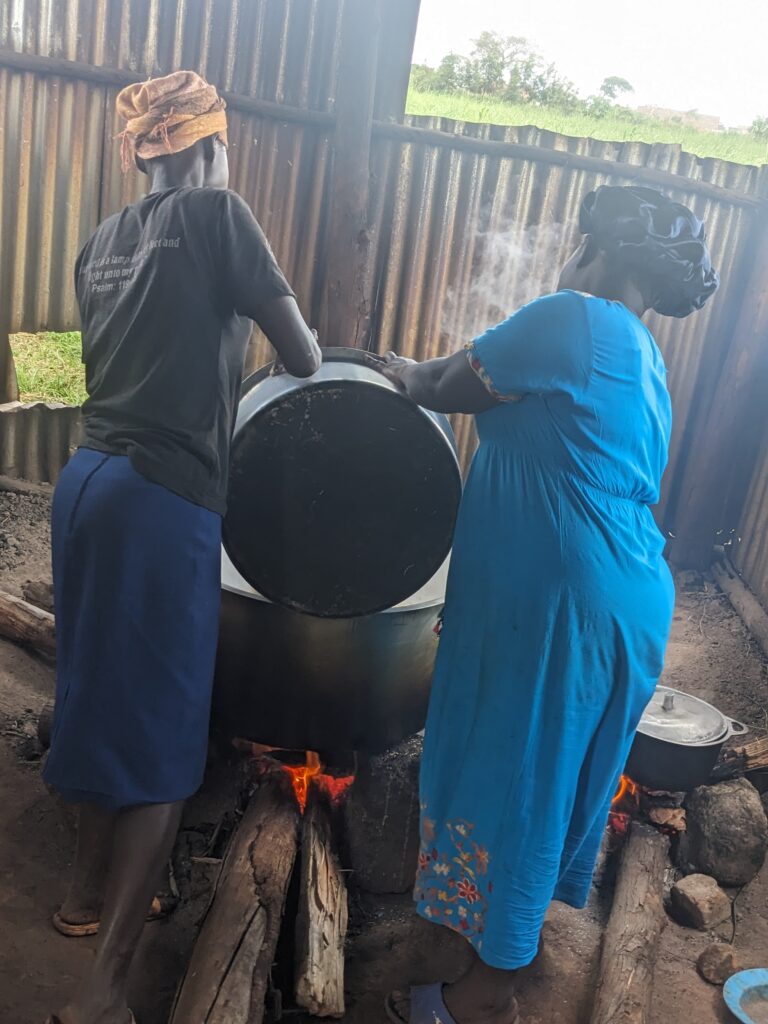
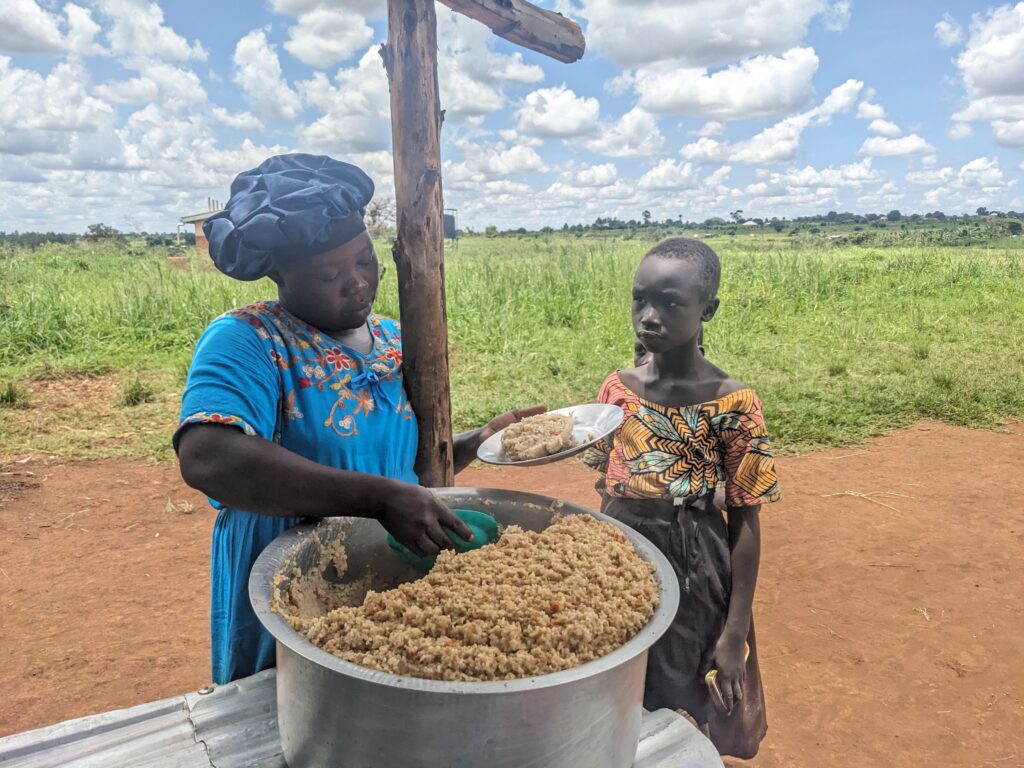
Join us in expanding Ubuntu Model Primary School to serve even more children and families. Your support can make a significant difference. To contribute, please reach out to us at info@griuganda.org.
